

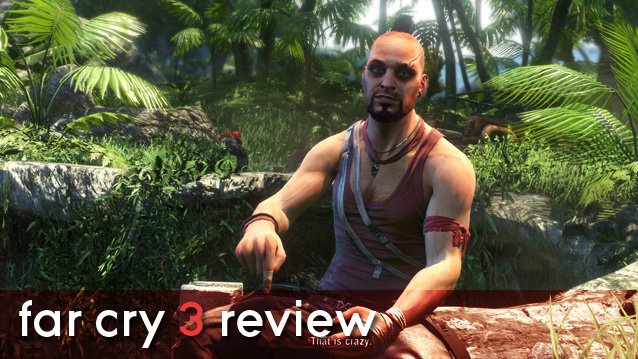
Far Cry 3 is a game of colonization. Digital Play, the 2003 critical analysis of video gaming, offered the lens of colonization for understanding video games. The player goes into a new space, and first seeks to explore and understand that space. Then, the player uses that knowledge to control and dominate that space. It's obvious in role-playing games, where the giant rats of a starter section are a challenge at first, but soon a laughable reminder of early-game powerlessness. Shooters give you better guns, racing games faster cars, and so on. The player also gains more mastery, and can attempt higher difficulty levels, speed runs, high scores, and so on.
Many games adapt this abstract concept of colonization to fit their in-game narrative. It makes sense to have the characters within the game world go through the same process of exploration and mastery as the player does. They're strangers in a strange land, who are required by the story to become the most powerful people in that world. This includes sheltered villagers leaving their homes for the first time, and mercenaries dropped on a hostile island. You even become the literal leader of the new land in most strategy games and also a handful of more narrative-based games, like Fable, Saint's Row 2, or, in the ideal form, King's Quest. You colonize by winning the trust of the good locals, defeating the evil locals, taming the wildlife, and exploring every corner of the domain.
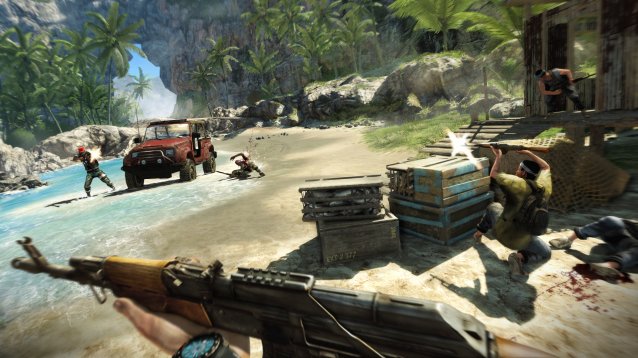
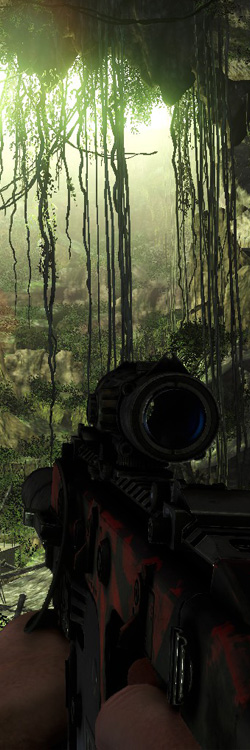
Far Cry 3 takes this concept to ridiculous and telling extremes. The game opens with a video of a bunch of American tourists on Rook Island, near southeast Asia. They are strangers here, but that doesn't mean they don't act like they own the place—getting wasted, skydiving, and so on. The whole intro takes on an added weirdness due to the soundtrack, M.I.A.'s “Paper Planes,” a song theoretically about violent rebellion against the oppression of the ruling class, here used as party music by rich whites in a foreign land. (M.I.A.'s famously incoherent politics but spectacularly successful ability to make pop songs add an even weirder level to the scene, as does the difficulty of making a political statement in a game around shooting guns, and the success of 2008's Far Cry 2 at doing just that.)
Once the game itself starts, it reinforces the colonial aspect constantly. Your character is rescued by a magical black man who encourages you to hone your instincts in the jungle. The first thing you do? Go to radio tower to uncover the map and facilitate exploration. Second? Going into that jungle and dominating its wildlife, killing boars for skins and picking plants for herbal remedies. Hell, you even collect local “relics” just to collect them. Even though they're clearly being used as objects of worship by the locals, your allies. They'd look better on your character's mantlepiece, so into white tourist's “collection” they go, and away from the people who gave them meaning.
The world of Far Cry 3 is alive and can be interacted with only inasmuch as it helps your character, the American tourist developing his powers of violence. And those powers are directly improved my RPG-like level gains and skill points, working in concert with the more powerful items acquired and purchased.
And so you work your way through Rook Island, making it better for you and your allies, as well as taking its resources. There are story quests to do, which veer between excellently bizarre hallucinations and straightforward battles. You also slowly reveal the island's map by climbing radio towers, utilizing technology to make the land accessible. And you make sections of the island safe by clearing out enemy outposts, in theoretically the best part of the game. These outposts can theoretically be approached with any combat style the game offers. Sneak, and it might be easy, but if the enemies ring the alarm, they'll call waves of reinforcements, creating a potentially excellent dynamic experience—these fights are the most likely to cause the mass chaos that the Far Cry series is best at. Everything seems to work together.
 In the game's best story mission, Jason is handed a flamethrower and asked to torch the villain's drug crops. As you approach the fields of weed, the dubstep moves from background music to foreground, with a pop song suddenly and surprising providing the energy for the scene. The fields go up in flames, nearby barrels explode, the pirates panic and run around, attacking you if they can, and all the while, Jason is yelling “I love this thing!” and “This is awesome!” The whole scene has a Tarantino-esque vibe, dropping you into a stylized pop pastiche for a few minutes. And there's no reason to disagree with Jason—it is awesome. This white male power fantasy simulation is ridiculously fun.
In the game's best story mission, Jason is handed a flamethrower and asked to torch the villain's drug crops. As you approach the fields of weed, the dubstep moves from background music to foreground, with a pop song suddenly and surprising providing the energy for the scene. The fields go up in flames, nearby barrels explode, the pirates panic and run around, attacking you if they can, and all the while, Jason is yelling “I love this thing!” and “This is awesome!” The whole scene has a Tarantino-esque vibe, dropping you into a stylized pop pastiche for a few minutes. And there's no reason to disagree with Jason—it is awesome. This white male power fantasy simulation is ridiculously fun.
And then it isn't.
Far Cry 3, at its best, manages to combine its narrative and game mechanics and make the colonial fantasy work. It says “this is what video games do, and you love it!” And it's not wrong. But halfway through the game, that falls apart. The plot quests force you down increasingly ridiculous and stereotypical paths. The clever hallucinations, the consonance of your character's bro-ness and your actions as a player, everything that implies that Far Cry 3 knows what it's doing, that it's going intentionally over-the-top with video game conventions, all of that falls away the further you get and more straightforward the story gets.
Likewise, the second half of the game loses the game mechanics that drove the first part. Exploration for crafting new things is almost totally removed, except to maintain a few medicinal concoctions. The weapons and skills you acquire, particularly a silenced sniper rifle, make conquering outposts a breeze unless you actively hamstring yourself. Oh, and there's a mandatory insta-fail stealth mission.
This is Far Cry 3: it's a game that lays bare all the colonial aspects of all video games. When Far Cry 3 works, it's a celebration and examination of the power fantasies of gaming, with a sly wink that says “all your favorite games do this, we just admit it.” When it doesn't work, it demonstrates the soullessness of the enterprise, mindlessly sniping or stabbing faceless virtual enemy after faceless virtual enemy and following the yellow dot on the screen until the stereotype-riddled movies play. Far Cry 3 can be amazing, but that amazingness seems accidental.
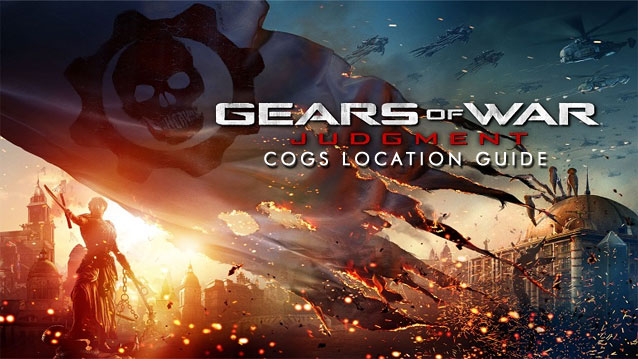
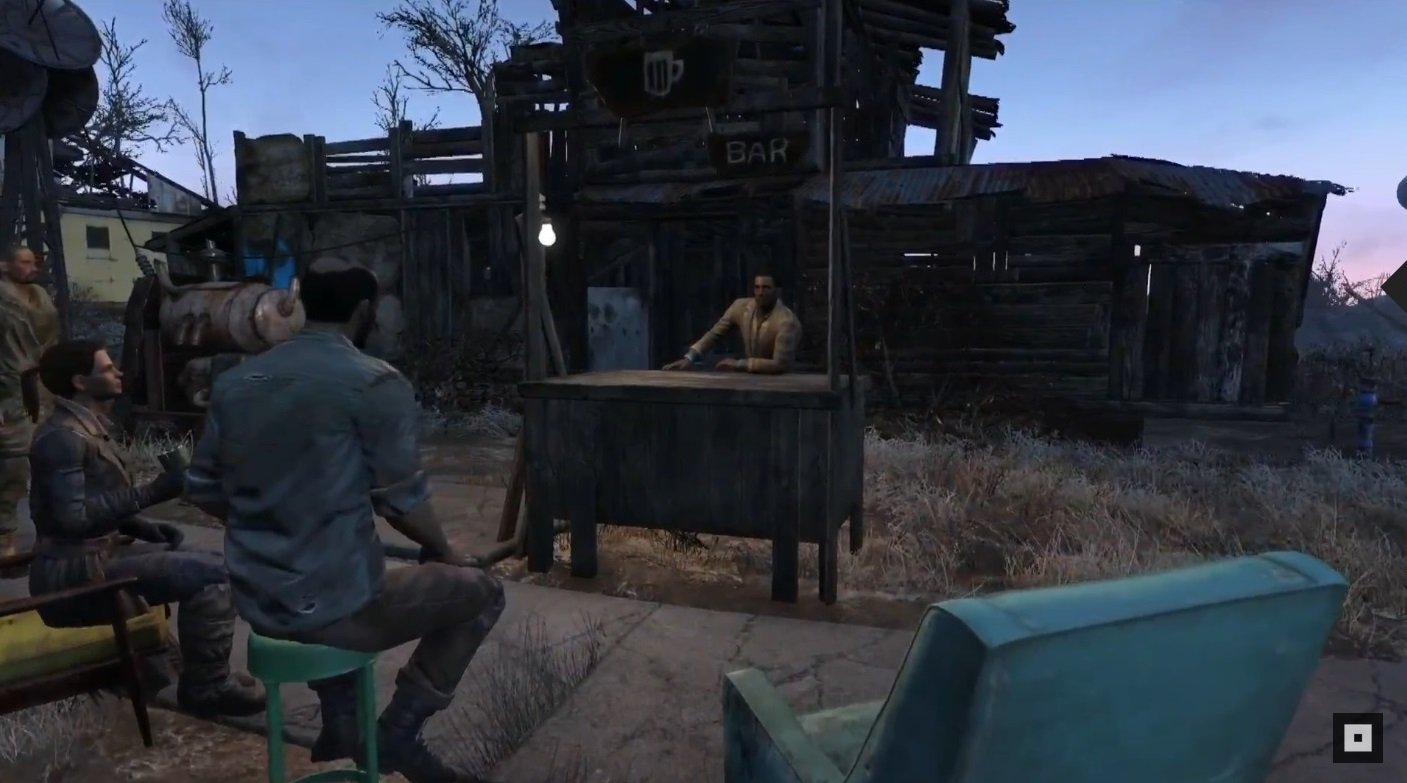

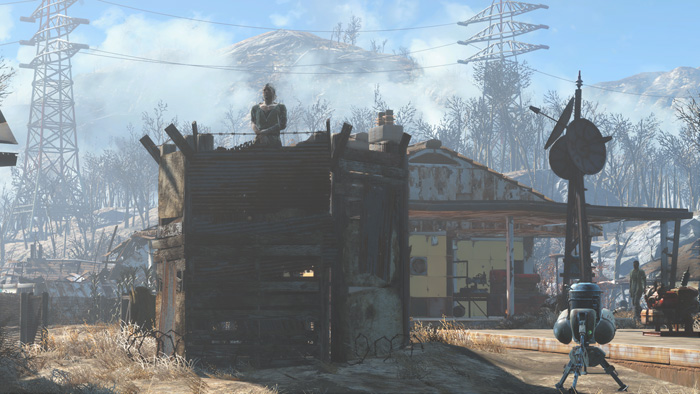
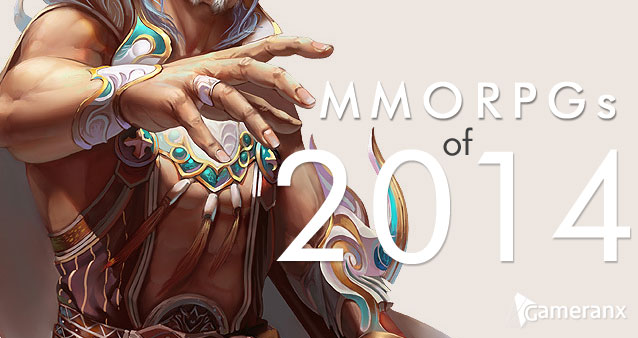 The 16 Best MMORPGs of 2014
The 16 Best MMORPGs of 2014 The Best New Android Apps Released in 2015
The Best New Android Apps Released in 2015 Why The Term Girl Gamer Still Isn’t Helping
Why The Term Girl Gamer Still Isn’t Helping L.A. Noire Secrets, Easter Eggs and Collectables
L.A. Noire Secrets, Easter Eggs and Collectables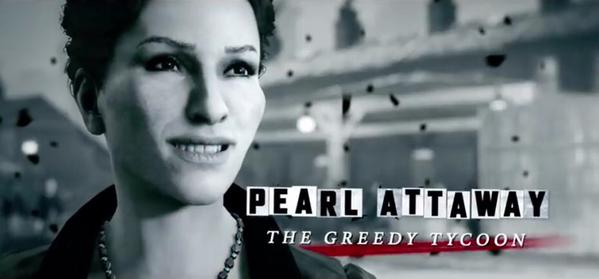 Sequence 5 - Friendly Competition: Assassin's Creed Syndicate Walkthrough
Sequence 5 - Friendly Competition: Assassin's Creed Syndicate Walkthrough